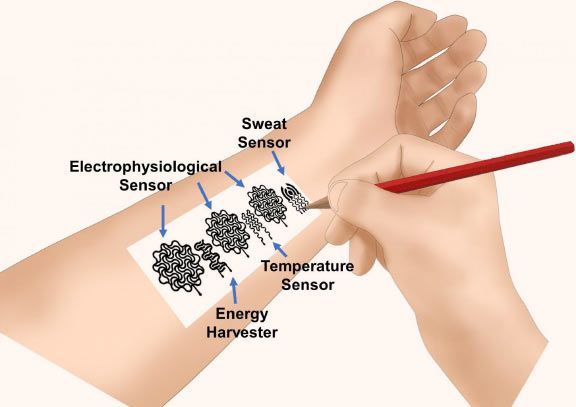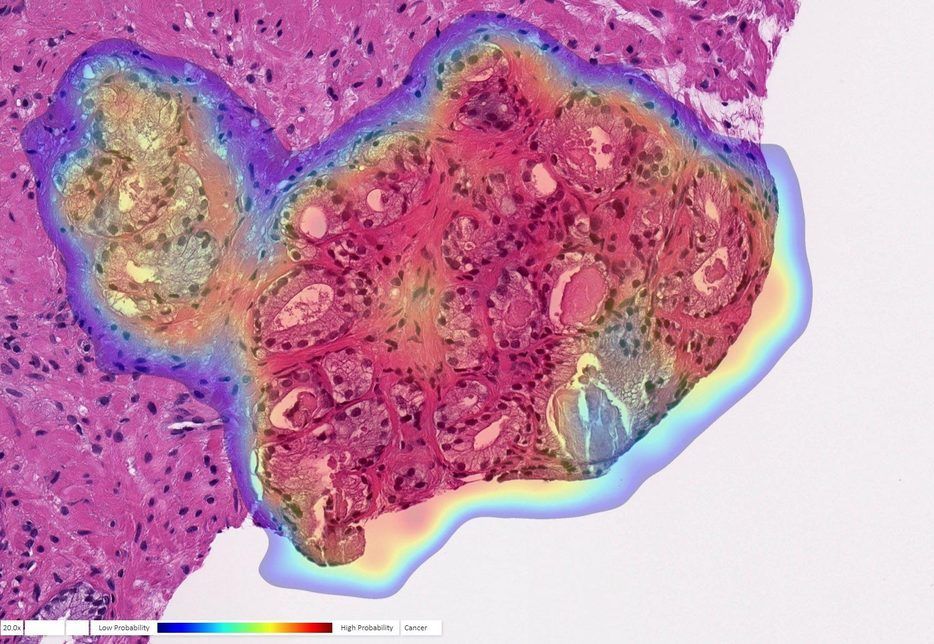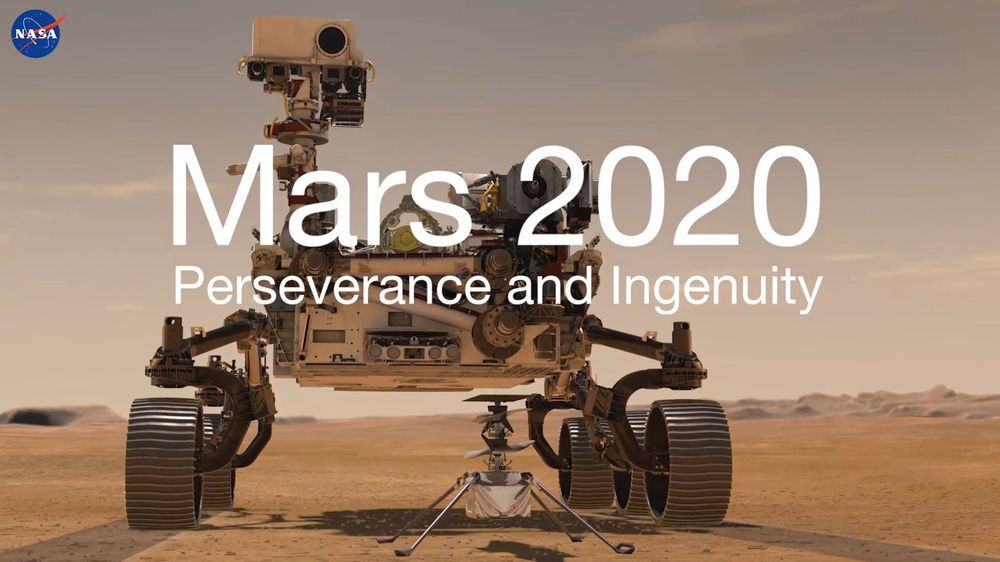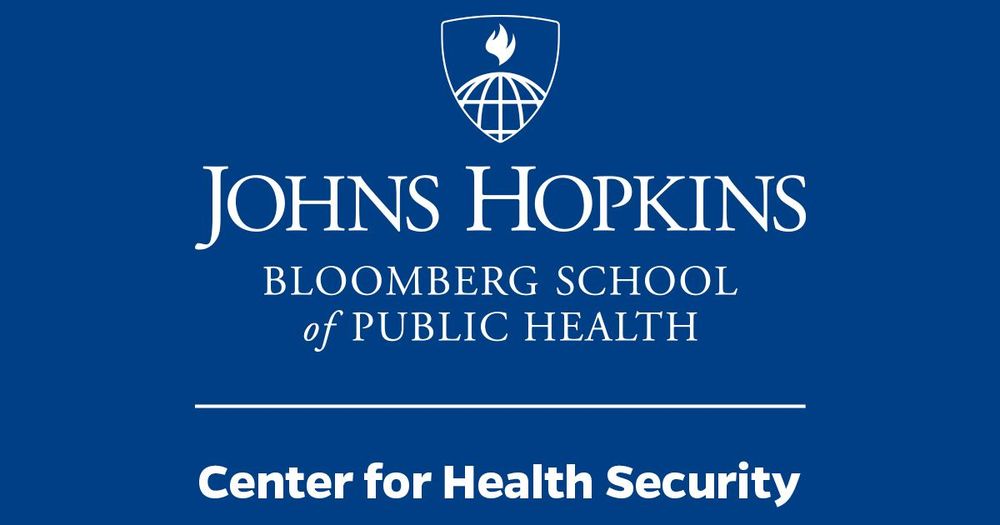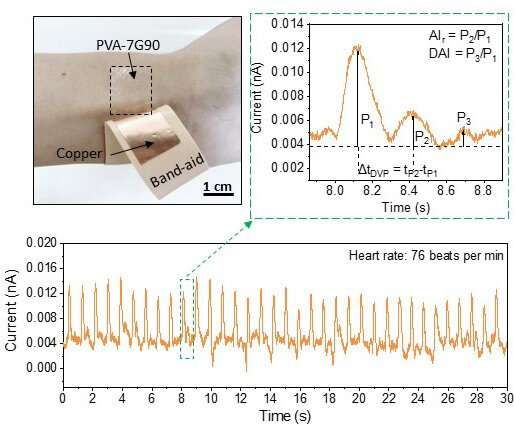Jul 27, 2020
Researchers Use Pencil to Draw Bioelectronic Devices on Human Skin
Posted by Genevieve Klien in categories: biotech/medical, chemistry, health
Scientists from the University of Missouri, the University of Illinois and Yale University have demonstrated that a combination of pencils and paper could be used to create on-skin bioelectronic devices that might be used to monitor personal health. They’ve fabricated and evaluated a rich variety of pencil-paper-based bioelectronic devices, ranging from biophysical sensors and sweat biochemical sensors to thermal stimulators, ambient humidity energy harvesters, and transdermal drug-delivery systems.
